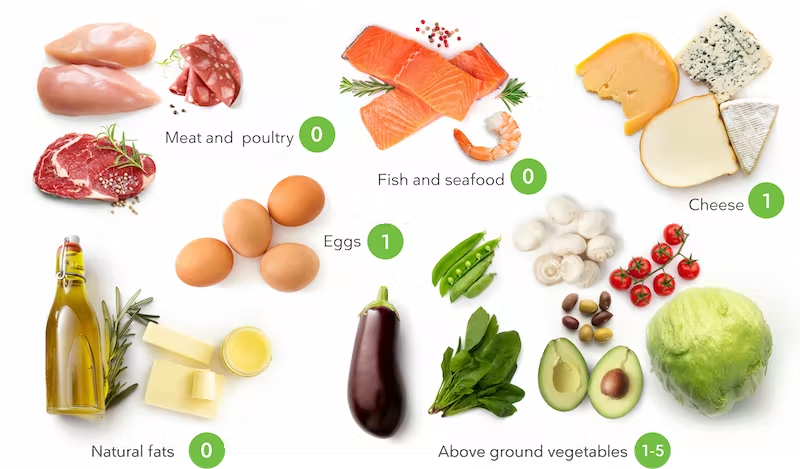The Rise and Fall of the Keto Diet: A Look at Its Popularity and Controversies
By Andrea Cooper
24 February 2023
The ketogenic diet, commonly known as the keto diet, has been gaining popularity in recent years as a weight loss strategy and a way to improve health. The diet involves

- Consuming high amounts of fat
- Moderate protein, and very low carbohydrates
- Ultimately forcing the body to enter a state of ketosis where it burns fat for fuel.
However, the keto diet has also faced criticisms and controversies, and its popularity seems to be declining. In this article, we'll explore the rise and fall of the keto diet and examine some of the issues surrounding its use.
The Rise of the Keto Diet
The keto diet has been around for over a century, first introduced as a therapeutic diet to treat epilepsy in children. You can see how much the internet loved it!
However, its popularity as a weight loss strategy only began to rise in the 2010s, thanks in part to social media and celebrity endorsements. Celebrities such as Halle Berry and Kourtney Kardashian have praised the diet for helping them lose weight and improve their overall health.

As a result, the keto diet became a trend, with many people trying it out for themselves.
One reason for the popularity of the keto diet is its potential to induce rapid weight loss. By limiting carbohydrates, the body is forced to use fat as its primary fuel source, which can result in significant weight loss in a short period of time. Additionally, some studies suggest that the keto diet can improve insulin sensitivity and reduce inflammation, leading to health benefits such as lower blood sugar levels and improved heart health.
The Fall of the Keto Diet
Despite its initial popularity, the keto diet has faced criticism and controversy, and its popularity seems to be on the decline.
One issue with the keto diet is its restrictive nature, as it limits many foods that are considered healthy and nutritious, such as fruits, whole grains, and some vegetables. This can lead to nutrient deficiencies and potential health problems.
The Cons
Another issue with the keto diet is its potential for adverse effects, such as the "keto flu." When the body enters ketosis, it can cause flu-like symptoms such as headaches, nausea, and fatigue. Additionally, the high-fat content of the diet can lead to digestive issues such as constipation and diarrhea.

There are also concerns about the long-term effects of the diet on heart health, as it involves consuming high amounts of saturated fat.
Finally, the keto diet can be difficult to sustain, as it requires strict adherence to the low-carb, high-fat eating pattern. Many people find it challenging to maintain the diet over the long term, leading to weight regain and potential negative health effects.
Conclusion
The keto diet has had a rise and fall in popularity, with many people initially drawn to its potential for rapid weight loss and health benefits. However, the diet has faced criticism and controversy, with concerns about its restrictive nature, potential adverse effects, and long-term sustainability. While the keto diet may be effective for some individuals, it is important to consider the potential risks and drawbacks before trying it out. As with any diet or lifestyle change, it is important to consult with a healthcare professional before making any significant changes to your diet or exercise routine.
You Might Also Want To Read This
Popular Posts





